Table of contents
Key Takeaways
Understanding B Vitamins: Essential for Good Health
The B vitamins, some of the world’s most popular and widely used supplements today, remain absolutely essential for our good health. There are eight (8) distinct B vitamins, each with a somewhat different and special role in the body. They play a role in energy metabolism, which is just one of their many functions. In other words, B vitamins play a supporting but also an essential role in the chemical interactions that your body employs to create energy and maintain life.
One of the B vitamins, Folate, referred to by some as the “magic pill” or “miracle drug” has been a major game-changer in the field of reproductive health. Its critical roles in your health include energy generation as earlier mentioned, and participation in the manufacture of new cells like brain cells, blood cells, and the genetic materials within cells known as DNA and RNA. A soft reminder here is that the human body is made up of cells, regardless of what gender one chooses to identify as. Undoubtedly, females (pregnant and expectant) include folate in their diet and supplements to increase their chances of spontaneous conception (which works most of the time), but have we given much thought to the vitamin being of help to the man as well? His “contributions” are also made of cells.
In this article, we would be exploring the wonder B vitamin Folate, and how it could improve sexual health in men.
Folate or Folic Acid: What's the Difference for Men?
A commonly asked question: What is the difference between folate and folic acid for men? Let me help you with that. Folate is the naturally occurring form of vitamin B9, which your body uses to perform all the amazing things mentioned above. Undoubtedly, it's a benefit of folic acid for men, as it is a powerful and impressive vitamin. Through a process known as methylation, it has the ability to turn genes (DNA and RNA) on and off. As a result, folate plays a role in determining when and if these genes that control division and maturation are turned on. This offers folate a lot of power and control in the scheme of things. It's crucial to note the folic acid benefits for men stemming from this vital nutrient.
Natural Sources of Folate: Enhancing Men's Diet
It is found in abundant amounts in:
- Green leafy vegetables such as spinach, broccoli, asparagus, etc.
- Whole grains such as beans, peas, lentils, nuts, etc.
- Also added to a variety of packaged foods.
Evidently, folate the natural form in vegetables is NOT the same as folic acid. Folic acid is a synthetic form of folate, manufactured and used as a dietary supplement. When ingested, it has to be converted into its natural form (folate) after an enzyme interaction, to enable the body to make use of it. Therefore, folic acid for men and its intake should be monitored, especially through folic acid supplements for men.
Folate: Its Health Benefits for Men and Beyond
- It helps protect against birth defects in the developing baby by making sure healthy cells are made.
- It helps prevent anemia by ensuring healthy red blood cells are made.
Fortunately, more and more women are now aware of pre-conception screening, and as a possible result are placed on folic acid supplements, because there might be a slight deficiency when an unplanned (or even planned) conception occurs. And also, since there is increased demand for almost everything (including folic acid) during pregnancy.
As stated above, taking folic acid significantly reduces the risks of neural tube defects in a developing baby (embryo). During this time, the proper closure of the tube results in a well-developed brain and spinal cord. Failed closure of gaps in the fusion could result in any of the following neural tube defects:
- Spina bifida: Parts of the spinal cord bulge out of the body due to failed closure at the bottom of the tube.
- Anencephaly: The brain fails to develop due to failed closure at the top of the tube.
Other possible birth defects that may occur are:
- Cleft lip and palate – abnormal gaps or slits in the lip.
- Atrial septal defect – failed closure of a hole between the left and right chambers of the heart during development.
According to current recommendations, all women of reproductive age (even those who are not actively attempting to conceive) should consume at least 400mcg of folic acid every day. Because getting that quantity from food alone may be difficult, the American College of Obstetricians and Gynecologists (ACOG) recommends that all women who are trying to conceive take a folic acid-containing dietary supplement.
Folic Acid's Impact on Men's Sexual Health
Do men need help with their sexual health? Would men accept help with their sexual health if given? Do men need Folic acid too? These are just three (3) of so many buzzing questions in reproductive health in terms of the role of men in healthy spontaneous conception. Prompt responses may not be gotten for sure, as it is a sensitive subject to discuss, either due to cultural beliefs or simply a man’s pride.
Women do occasionally need assistance with trying to conceive, but so do men as well. Both males and females contribute to cases of infertility. In fact, it has been shown that:
- Males contribute to about 30 – 40% of cases
- Females contribute to about 30 – 40% of cases
- Both are responsible for about 10% of cases
- And it is simply unexplained in about 10% of cases.
What is Infertility? An Overview for Men
Infertility is defined by the World Health Organization (WHO) as the inability of a couple to achieve conception or bring a pregnancy to term after a year or more of regular, unprotected sexual intercourse. Astonishingly, it has been estimated that about 48 million couples to 186 million individuals in the world are infertile.
Top Causes of Male Infertility
These differ from person to person and could be a result of one or more factors. Some of these may include:
- Blockage of sperm transport
- Hormonal issues/imbalances
- Poor lifestyle habits – involving diet, stress, and sleep
- Abnormal or damaged sperm production
Folate and Male Sexual Health: Where Does It Help?
This certainly brings a man’s sperm health into the spotlight. How healthy are his sperm cells? Are they alive, active, dead, mobile, etc.? All of which are extremely important in achieving conception, and can only be confirmed by a specialized test known as Semen analysis, and a DNA fragmentation test if the former spots abnormalities.
As a man, wife, or partner, attaining optimal sperm health is imperative in your conception journey. Some factors to consider regarding male sperm health are:
- Sperm count (How many are they?)
- Sperm motility (Can they swim?)
- Sperm morphology (Are they normal-looking?)
- Semen viscosity (Too thick or thin?)
- DNA fragmentation
As earlier established, all humans are made of cells. Sperm cells are one of the numerous cells in a man’s body. They are required to be healthy and near perfect for spontaneous conception to occur. Consequently, supplements are now being proposed to improve the male fertility potential. They can provide the needed nutrients to produce strong, healthy sperm, and also assist in regulating hormone levels.
Now, this is the interesting bit. Of all the supplements, a lot of attention has been drawn toward Folic acid being taken in men to improve sperm health. Several studies have attempted to prove this scientifically. One study found that men who consumed high doses of folic acid through their diet (more than 700mcg daily) had a 20% decreased chance of sperm abnormalities. A more recent paper published by the Scholars International Journal of Obstetrics and Gynecology about a year ago (21st April 2021), revealed that following supplementation with folic acid and zinc sulphate, significant improvements in sperm count, morphology, and motility were observed in about 40% of the observed population. In another study done on fertile and subfertile men to determine whether administration of folic acid, with or without the addition of zinc sulphate, increases semen quality, it was found that subfertile men demonstrated a significant 74% increase in total normal sperm count. Which in simpler terms are:
- Increased number of healthy sperm cells
- Normal looking sperm cells
- Normal genetic makeup
Although this evidence is inconclusive, and some studies have disproved the benefits of folic acid on male fertility, supplementing with it and other vitamins will actually not harm men, but be of benefit instead.
The Need for Folic Acid: It's Not Just for Women
Expectant and pregnant women aren’t the only ones who should eat their leafy greens. Soon-to-be fathers should also consider what they put into their bodies as well. Some evidence showing links between folic acid and male fertility has already been over-emphasized. If you are a mom-to-be reading this, include your partner in your folic acid consumption. Reorganize his diet to contain leafy greens and grains and get him to start a folic acid dietary supplement. Doing this would give a huge boost to your chances of achieving conception.
Written by: Dr. Elliot Akporiaye, M.B.B.S.
Elan Healthcare produces high-quality dietary supplements for male and female reproductive health, including Medfertil which is a folate-rich male prenatal supplement designed specifically to boost sperm and promote overall wellness.
References:
Centers for Disease Control and Prevention. (2021, July 8). General information about NTDs, Folic acid and Folate. https://www.cdc.gov/ncbddd/folicacid/faqs/faqs-general-info.html#:~:text=The%20terms%20%E2%80%9Cfolic%20acid%E2%80%9D%20and,(5%2DMTHF)%201.
Collins, R., & Pavlik, K. [Nucleus Medical Media]. (2021, January 30). Why you should take folic acid before pregnancy. [Video]. YouTube. https://youtu.be/NQffB6RcXjs
Arnarson, A. (2022, March 17). Folic acid vs Folate – What’s the difference? Healthline. https://www.healthline.com/nutrition/folic-acid-vs-folate
American Pregnancy Association. (n.d.). Folate and Folic acid in Pregnancy. https://americanpregnancy.org/getting-pregnant/infertility/folate-vs-folic-acid/
Public Health Agency of Canada. (2019, May 28). Fertility. Canada ca. https://www.canada.ca/en/public-health/services/fertility/fertility.html
World Health Organization. (2020, September 14). Infertility. https://www.who.int/news-room/fact-sheets/detail/infertility
Conceive Health. (2020, July 27). Male factor infertility. Conceive Health. https://conceivehealth.com/male-infertility/
Murkoff, H. (2021, October 18). Folic acid and Male fertility. What to expect. https://www.whattoexpect.com/getting-pregnant/ask-heidi/folic-acid-and-male-fertility.aspx
Jahan, S. R., Ishrat, S., Bashar, R. S., Hossain, M., Akter, S., & Rani, C. (2021). Zinc and Folate Supplement Improves Semen Quality: A Prospective Study in Subfertile Males. Scholars International Journal of Obstetrics and Gynecology, 4(4): 136-142. 10.36348/sijog.2021.v04i04.010
Wong, W. Y., Merkus, H. M., Thomas, C. M., Menkveld, R., Zielhuis, G. A., & Steegers-Theunissen, R. P. (2002). Effects of folic acid and zinc sulfate on male factor subfertility: a double-blind, randomized, placebo-controlled trial. American Society for Reproductive Medicine, Fertility and Sterility, 77: 491-8. 10.1016/s0015-0282(01)03229-0
FAQs About Folic Acid Benefits for Men
Question 1: What are the benefits of folic acid for men?
Answer: Folic acid is essential for men as it plays a significant role in gene regulation and cell division. It also contributes to the production of healthy sperm, potentially reducing the chance of sperm abnormalities. Some studies suggest it could increase sperm count, morphology, and motility, thus enhancing male fertility.
Question 2: Can men take folic acid every day?
Answer: Yes, men can take folic acid daily, but the intake should be monitored, especially when using supplements. Folic acid can support overall health and contribute to the production of healthy sperm cells, potentially improving fertility.
Question 3: Does folic acid help improve sexual health in men?
Answer: Some studies suggest folic acid could improve sperm health in men, which is vital for conception. Benefits include an increased number of healthy sperm cells, improved motility, and normal genetic makeup. While the evidence isn't conclusive, supplementing with folic acid could be beneficial for men's sexual health.



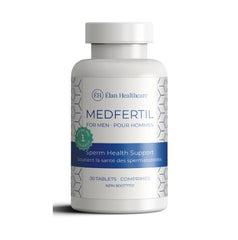
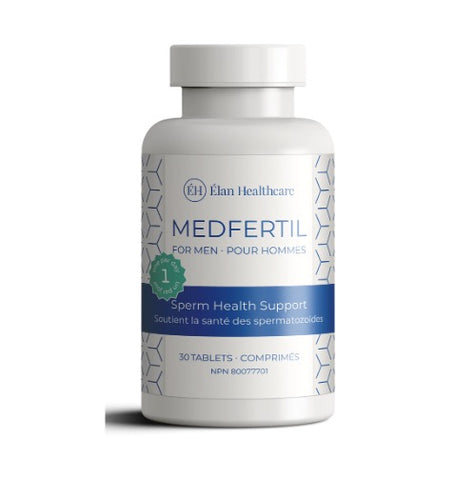

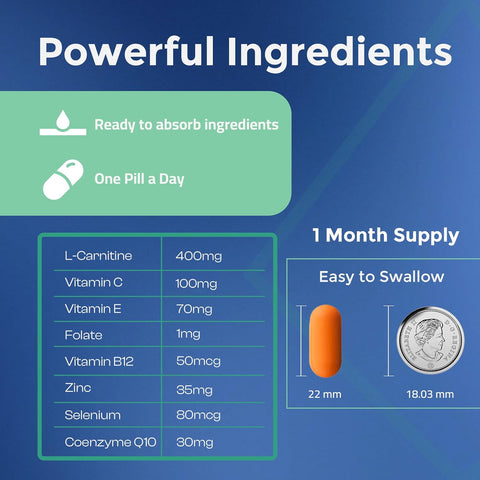
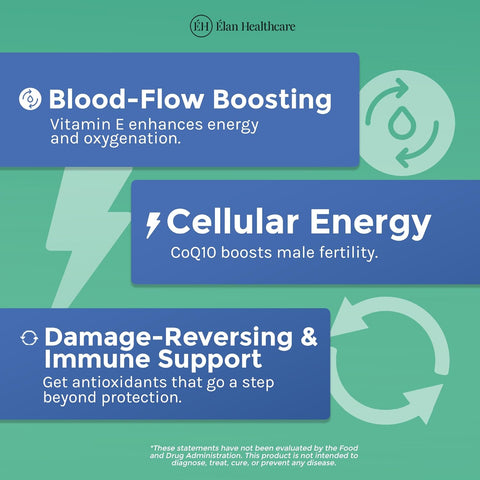
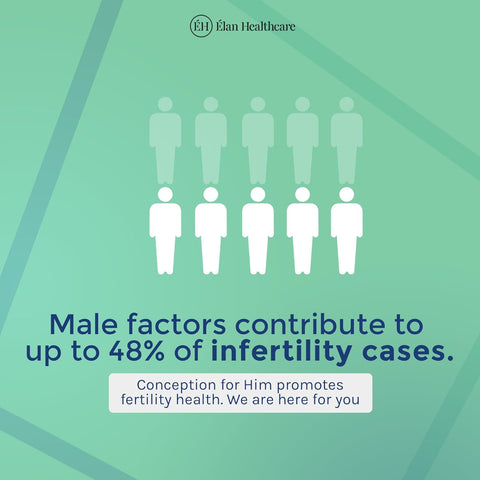


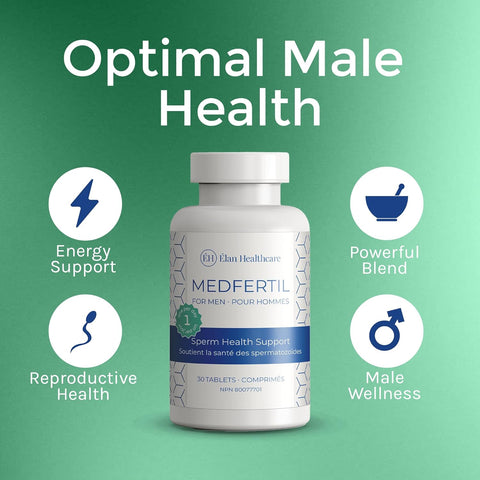








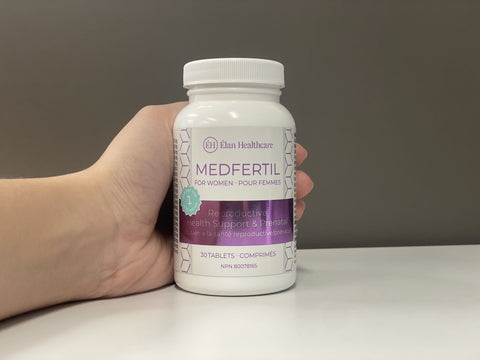

No comments yet.
There are no comments for this article. Be the first one to leave a message!
+ Open to leave a Comment